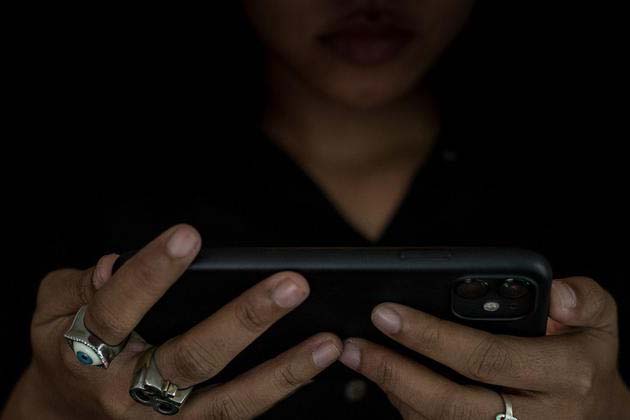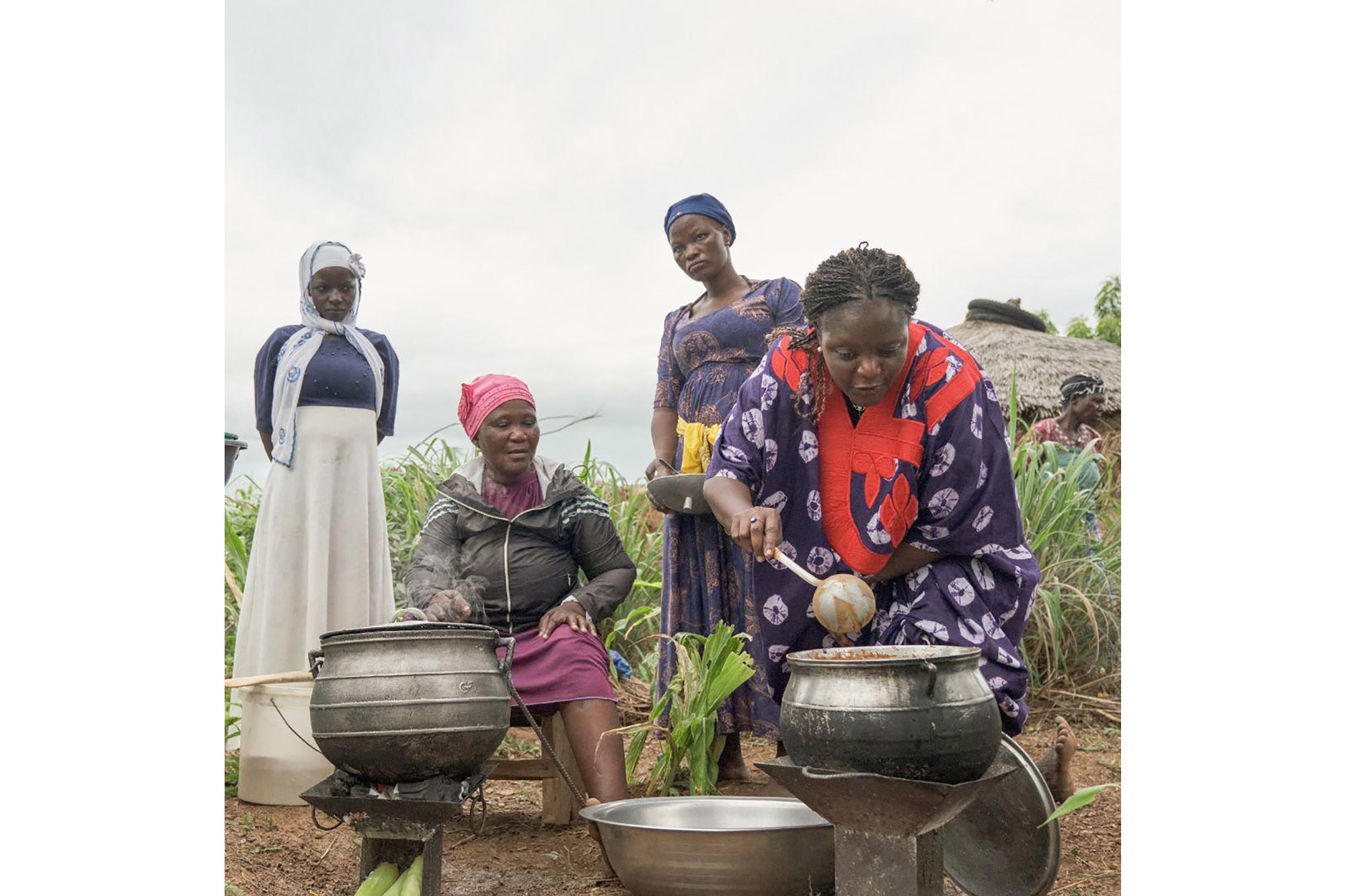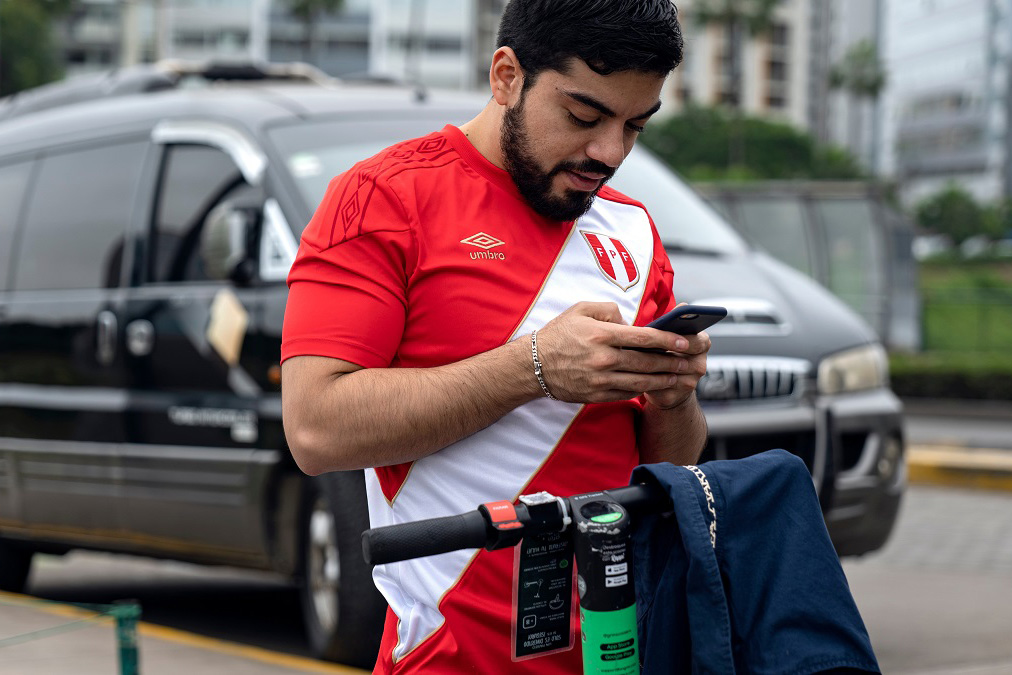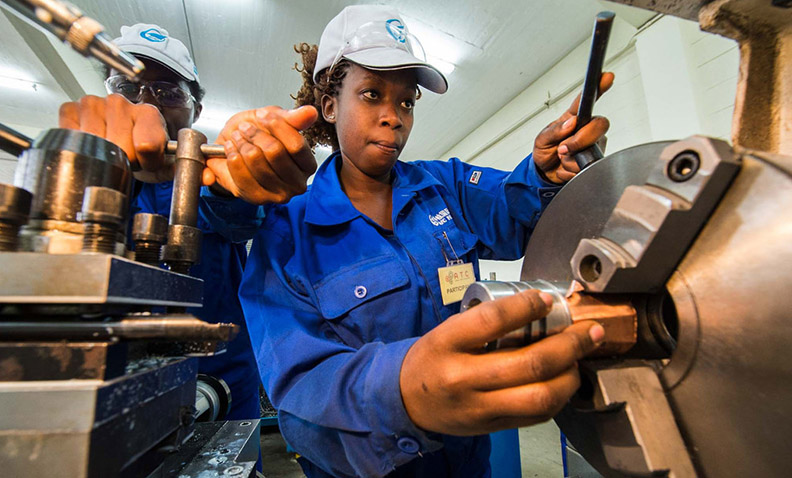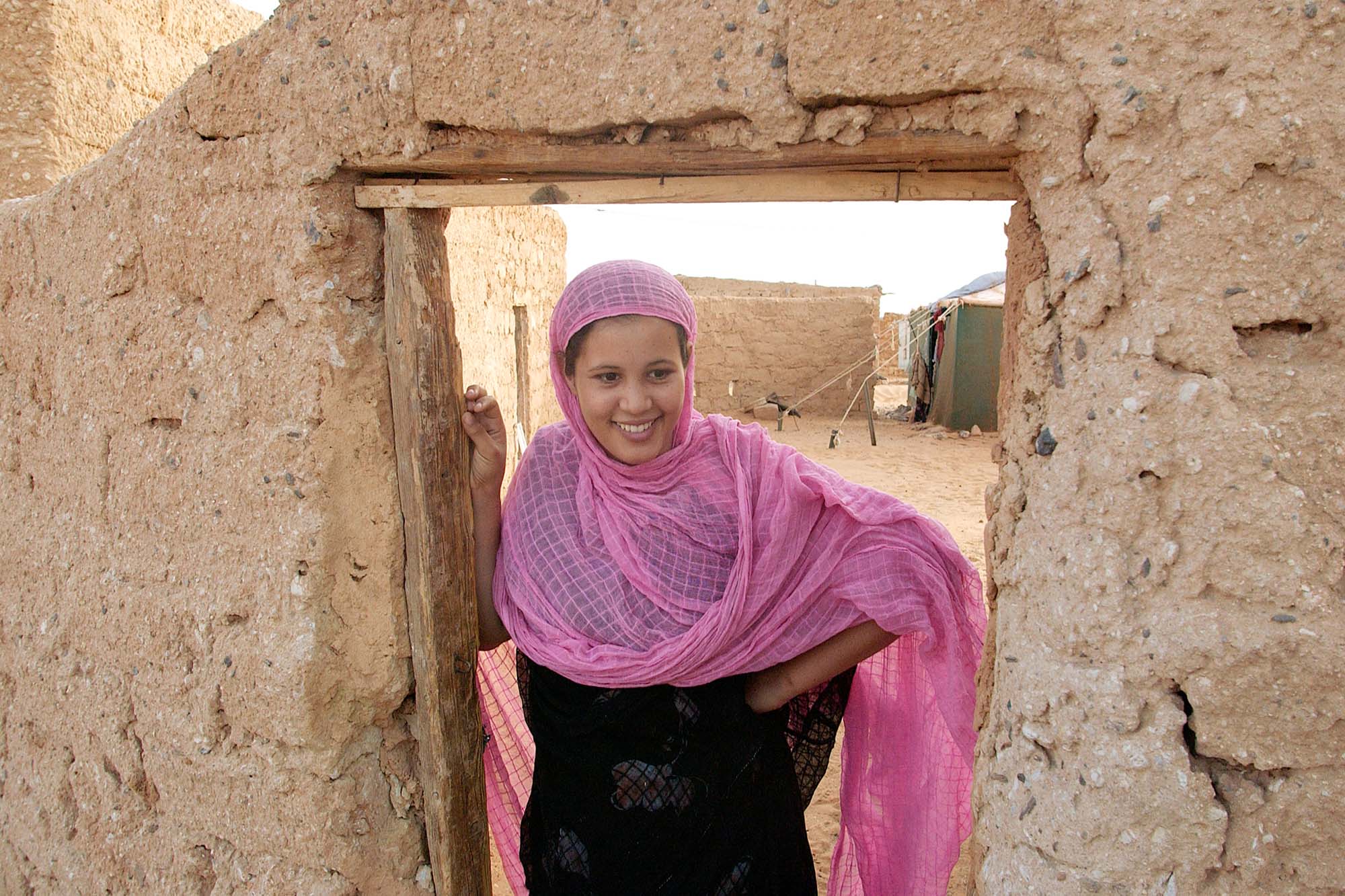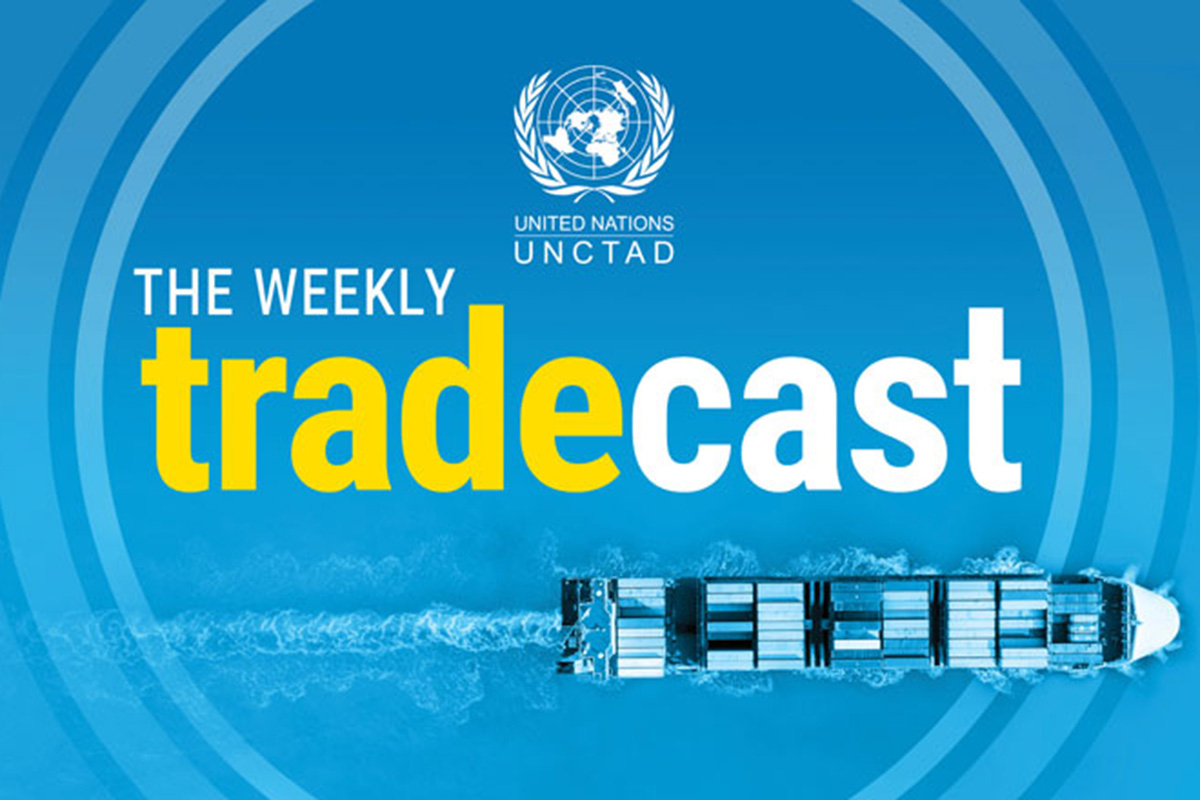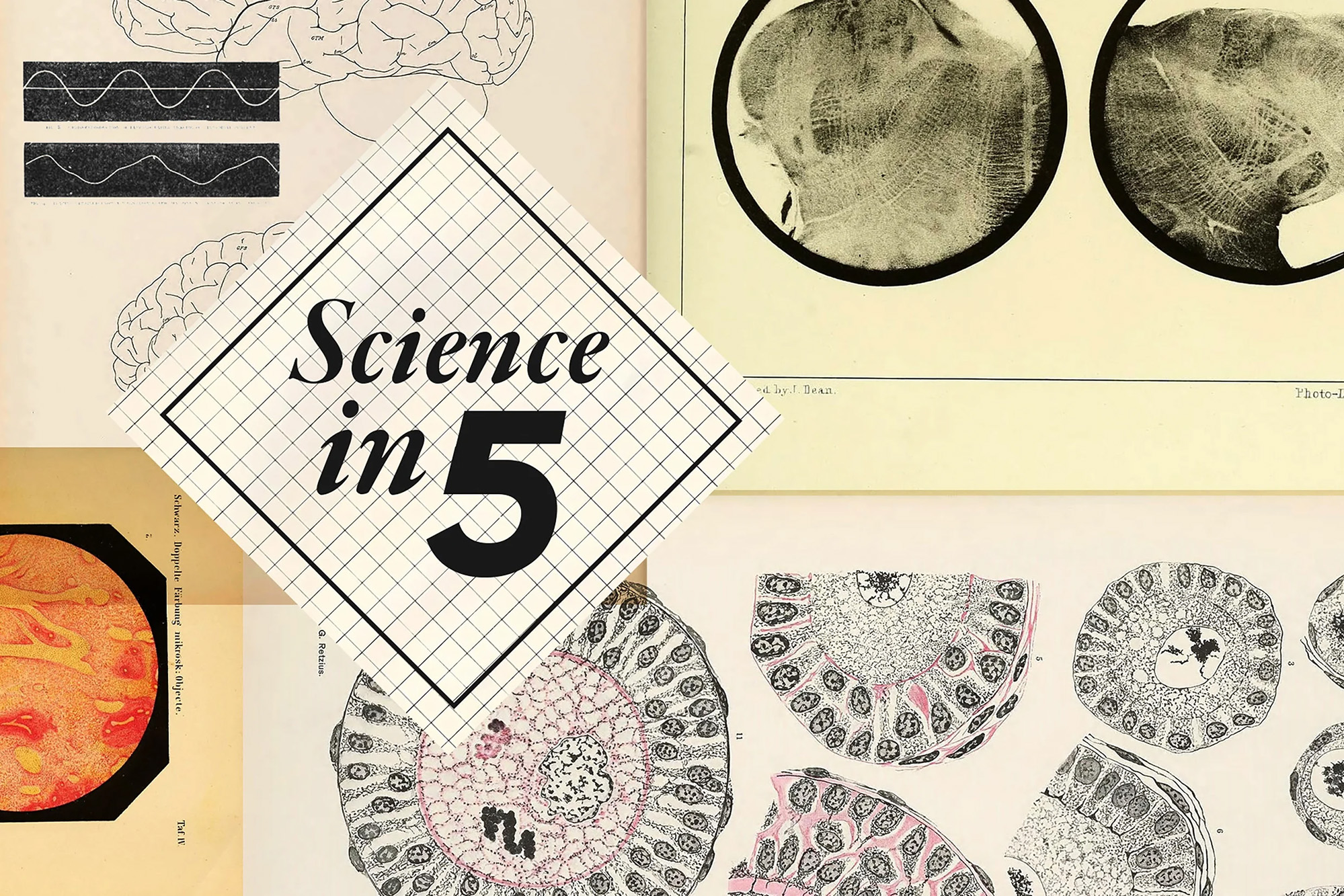Investing in the future of communities that are most likely to migrate to other countries is more effective than spending money on reinforcing border security according to Amy Pope, Director General of the International Organization for Migration (IOM).
Ms. Pope was speaking on the sidelines of the UN’s Fourth International Conference on Financing for Development Sevilla, Spain. The Conference was a crucial opportunity to push for financial reforms and boost investment in the Sustainable Development Goals (SDGs), 17 global goals adopted by all UN Member States to end poverty, protect the planet, and ensure healthy lives for all by 2030, including Goal 10.7 on the orderly, safe, regular and responsible migration and mobility of people.
UN News’ Matt Wells spoke to Ms. Pope and began by asking her how sustainable development is linked to migration issues.


